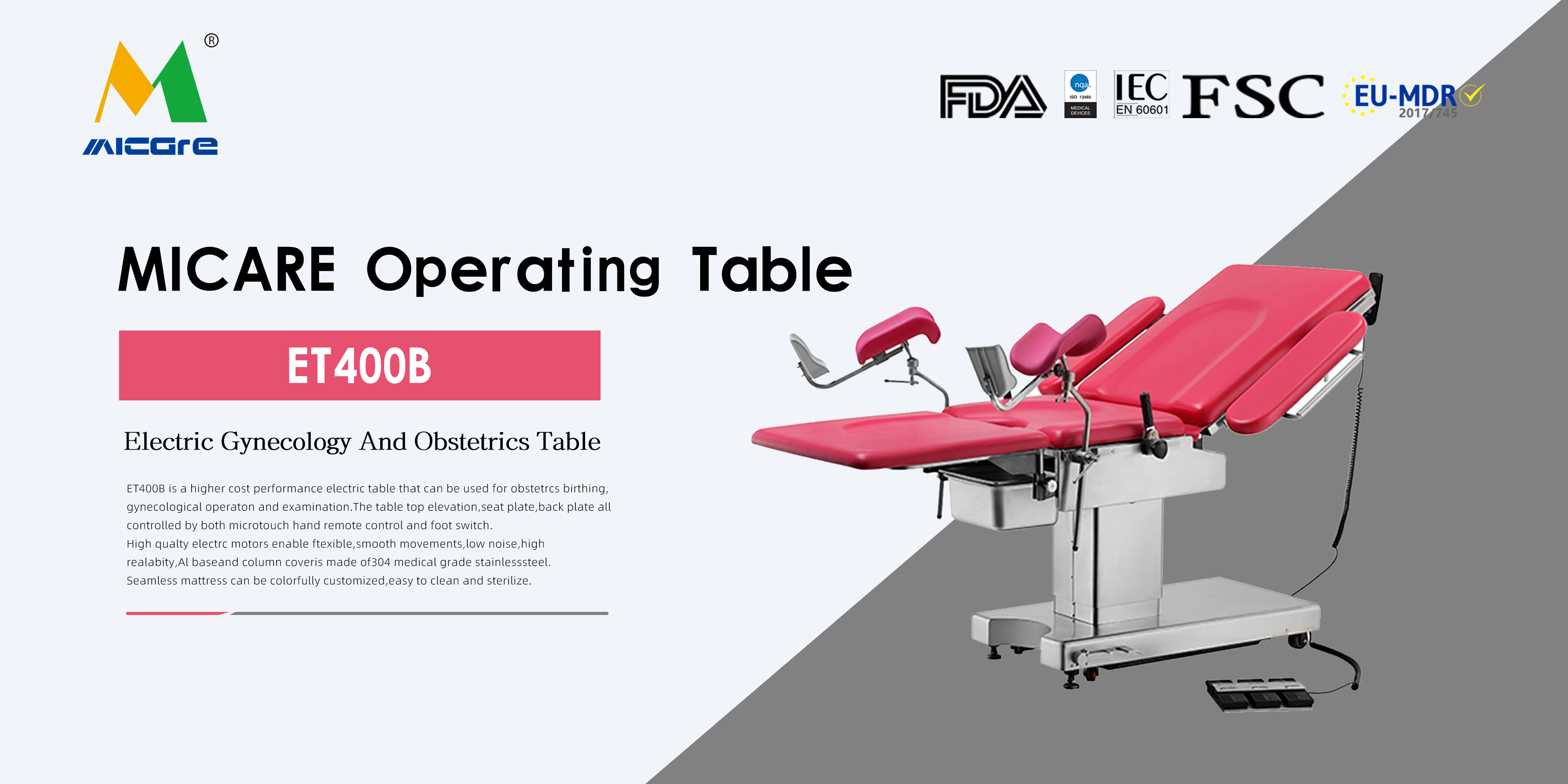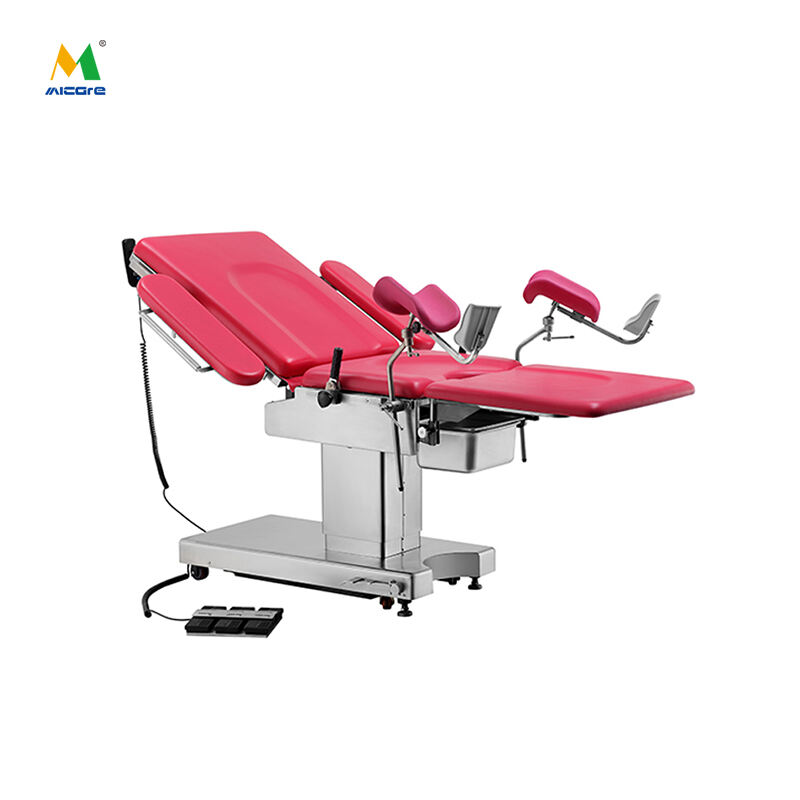Doctors use the surgical operating table to work on patients who are sick or injured. The surgeon can be able to perform this operation when she has a table, and the design plays an vital part. Surgery is rendered incapacitated until the appropriate table comes. Read more on how to choose the perfect surgical operating table.

Considerations When Selecting your Operating Table
One of the hardest to navigate is picking a surgical operating table by Micare. Before making a decision, there are many things to consider. In this article, we leave you some keys to take into account when choosing your operating table.
Layout: The patient should be able to fit diagonally from a corner of the table, and it will still need to enter your facilities. you should also check the space before purchasing it.
Weight limit: The table should be sturdy enough to lift the patient and any tools or used equipment by the doctor during surgery. you also don't want to end up with a table that won't hold the weight, as this can be quite dangerous.
Factor 4: Durability The table is made up of strong and high-quality materials that will help the piece to last. A sturdy Surgical tables remains functional on thousands of surgeries, thereby saving a lot in the long run.
Comfort: The patient must be comfortable on the table. For this purpose, table ought to have smooth cushioning and height adaptability. The more the patient is anxious/angry about the surgery and not knowing, it adds a stress factor for how well we can perform that surgery.
Thievery Surgical Operation Tables
Have some valuable insights to help you decide on which operating table will be best for your medical facility. If you want some of those helpful tips that we need to pay attention in a decision making process here are:
Investigate: Browse online or go to a store selling medical equipment. Check out the features, sizes and prices of each one to determine what works best for you based on your budget.
Consult With Fellow Medical Professionals: Engage in conversation with other doctors and healthcare professionals to see which operating surgical operating table they prefer This is because, their experiences could give them insights that may be otherwise valuable.
Consider your Needs: Think about the type of surgeries you are going to do and which features delivers most functionality important for your operating table. If, for example, you will be performing many orthopedic procedures than a table with additional capabilities like an excellent leg holder that may facilitate positioning the patient accordingly.
Types of Operating Table
There are certain things you need to consider while setting up the operating table for medical purposes:
Adjustable in Height : The table should be comfortable for the doctor to work on, also maintain the correct posture of doctors at time during surgery. Surgeon — The surgeon can focused better on the surgery if he has a comfy chair.
Accessories: Additional items such as arm boards, leg holders and headrests can be added to some surgery operating table. Choosing a table that comes with the accessories needed to effectively perform your surgeries
Easy Cleaning and Maintenance: The table should be easy to clean making it safe or hygienic for each surgery. Infections and cleaning of the table are always a priority stage to keep diseases evasive from entering into all patients.











































